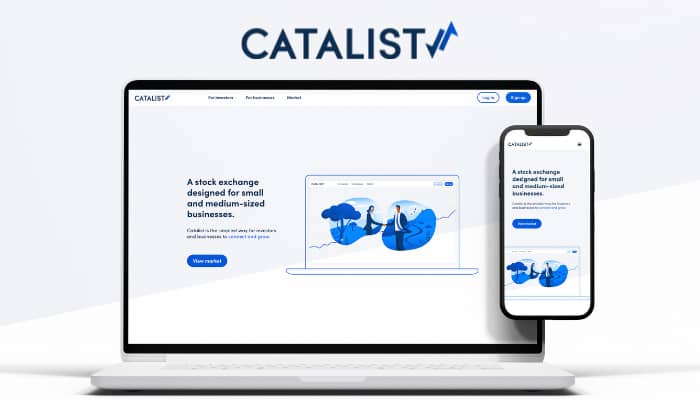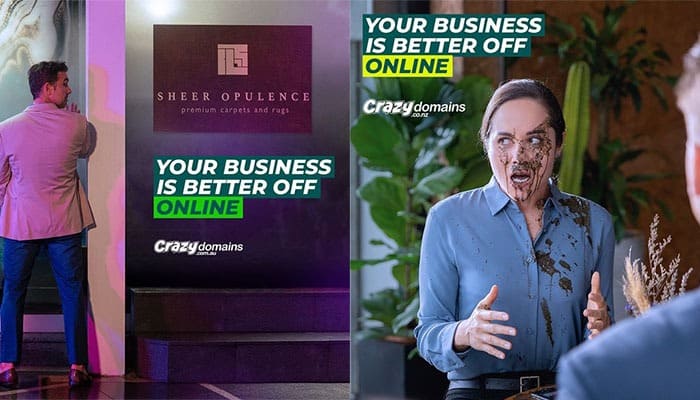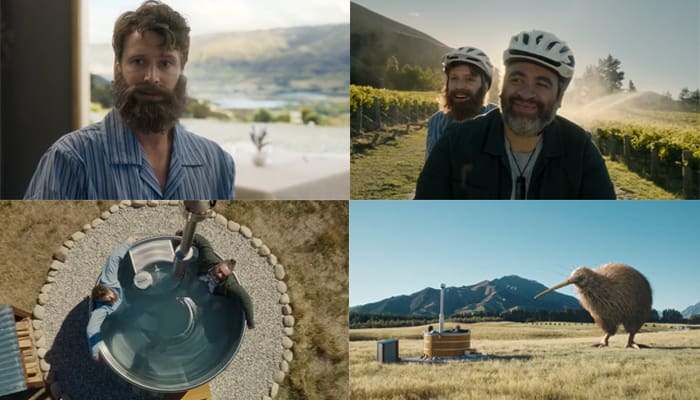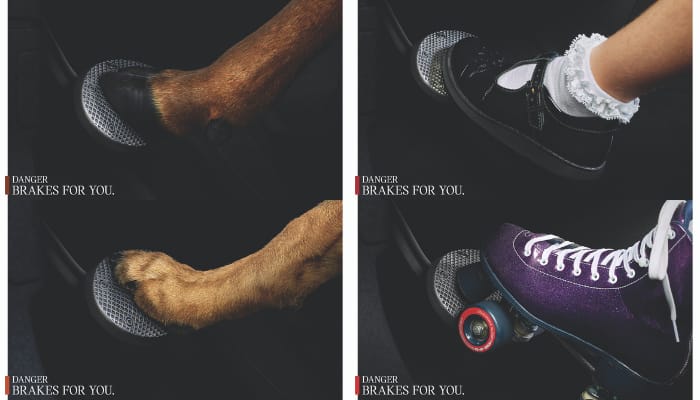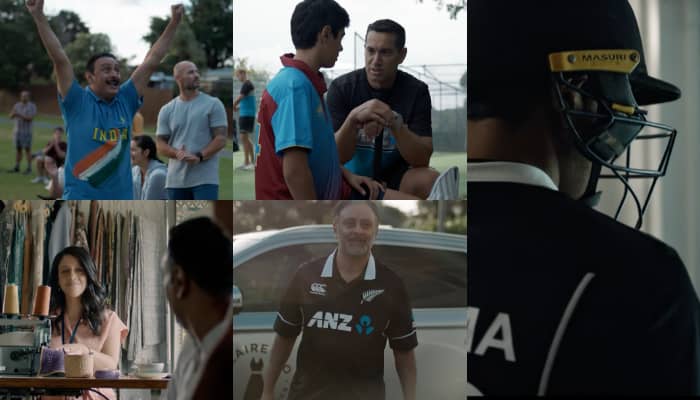New Zealand – The stretched-out postponement of the Tokyo-based Olympics is about to be broken off as the global event is slated to begin competitions on 23 July; and with this highly-anticipated event coming to reality, vibrant conversations among spectators are expected to arise– of course not excluding sports-loving Kiwis.
In a new campaign, broadcasting network Sky touches on this culture to not just celebrate but to even further encourage this woven practice of giving unsolicited sporting opinions and advice, or on a more positive note – the sharing of passionate conversations and dialogue by Kiwis on the realm of sports.
Called ‘Be an Expert’, the campaign is a series of three spots that highlight the everyday scenarios of locals sharing their thoughts and insights on the highly technical, specialized sports during the Olympics season.
Done in collaboration with creative agency DDB Aotearoa, the three spots aimed to playfully capture the passion of Kiwis for discovering new sports every four years or rediscovering those sports that take on a new significance in the world’s biggest stage.
Sky’s Head of Brand and Sport Marketing Helen Fitzsimons commented that the ‘Be an Expert’ campaign aims to nab Kiwi’s passion for sport, and is a reminder of the unifying nature of sporting events like the Olympic Games Tokyo 2020.
“With Sky’s Olympic Games Tokyo 2020 coverage spanning twelve channels, we wanted the campaign to encourage everyday New Zealanders to do what they do best – get among the action, talk to their friends and family about it, and support our athletes throughout the duration of the event,” said Fitzsimons.
Meanwhile, Gary Steele, the executive creative director Gary at DDB Aotearoa, shared that the insight behind the campaign will be ringing true with Kiwis from all backgrounds as they all embrace their inner sports pundits over the next few months.
“Every four years, a large percentage of New Zealanders undergo an overnight transformation into experts across a wide range of technical sports – and we wanted to showcase a playful, tongue-in-cheek response to this cultural phenomenon,” said Steele.
The campaign is already running through three 30-second TVCs, OOH, and Digital.



